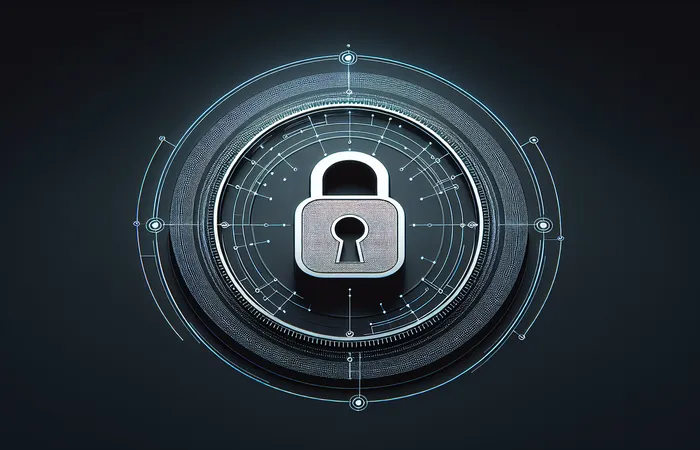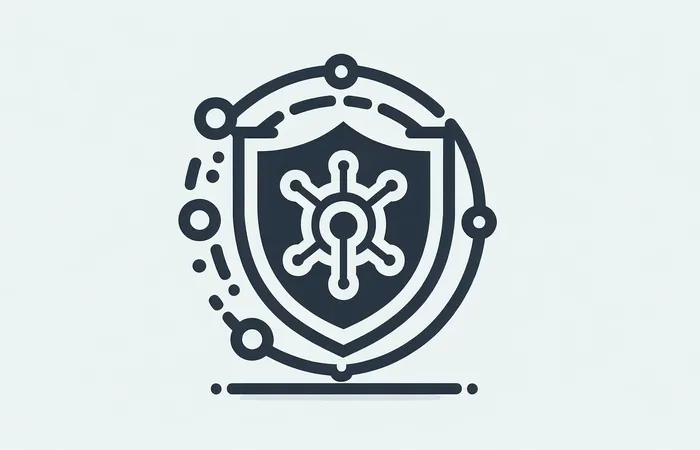How can AI improve your cybersecurity culture

In an era where cyber threats are increasing exponentially, companies must continually evolve their cybersecurity culture. Leveraging AI can be pivotal.
Understanding AI in Cybersecurity
Artificial Intelligence (AI) and Machine Learning (ML) have become pivotal tools in the cybersecurity landscape. AI's capacity to process massive datasets and identify patterns has revolutionized threat detection and response, contributing to a more secure organizational environment.
Notably, AI's ability to identify anomalies, predict breaches, and automate routine tasks has established it as an invaluable asset. As such, understanding AI's roles and capabilities is fundamental to grasping its influence on cybersecurity culture.
Proactive Threat Detection
One of AI's primary benefits is its capability to perform proactive threat detection. Traditional cybersecurity measures often react after an attack has occurred, leading to potential losses. In contrast, AI can analyse data traffic in real-time, flagging unusual patterns indicative of a cyber threat.
By incorporating AI systems that leverage machine learning algorithms, businesses can stay ahead of potential threats, reducing the damage inflicted by breaches. This proactive approach empowers companies to protect sensitive information more effectively, ultimately fostering a more resilient cybersecurity culture.
Automation of Routine Cyberdefense Tasks
Cybersecurity teams juggle multiple tasks, many of which are repetitive and time-consuming. AI can automate these routine tasks, enabling teams to focus on more complex issues and strategic planning. From analysing logs to filtering out false positives, AI tools streamline cybersecurity processes.
Moreover, automation reduces human error, providing more accurate and consistent cyber defense mechanisms. This not only maximizes efficiency but also strengthens the overall cybersecurity culture by ensuring that all bases are covered without overburdening staff.
Enhancing Incident Response and Recovery
Incident response and recovery are critical aspects of a comprehensive cybersecurity strategy. AI technologies can significantly enhance these processes by providing real-time insights and recommendations based on historical data and patterns.
For instance, when a breach is detected, an AI-driven system can quickly initiate predefined protocols, isolate affected systems, and even provide potential solutions to mitigate the impact. This allows security teams to respond to incidents with agility and precision, ensuring minimal disruption and faster recovery times.
Continuous Learning and Evolution
A unique advantage of AI is its ability to learn and evolve. Machine learning models continuously adapt to new data, improving their accuracy and efficacy over time. This continuous learning is vital to keeping up with the ever-changing cyber threat landscape.
Organizations that adopt AI in their cybersecurity culture benefit from systems that become more adept at identifying and neutralizing threats with each iteration. This leads to a more robust defense posture, continually enhancing the organization's security capabilities.
Promoting a Culture of Vigilance
Implementing AI tools in cybersecurity not only improves technical defenses but also promotes a culture of vigilance among employees. When staff see that their organization is leveraging advanced technologies to protect data, it fosters a sense of responsibility and awareness towards cybersecurity practices.
Training and awareness programs can be augmented with AI-powered simulations and assessments, offering interactive and engaging ways to educate employees on recognizing and responding to cyber threats. This holistic approach ensures that every individual within the organization plays a part in maintaining a strong cybersecurity culture.
Overcoming AI Integration Challenges
While the benefits of AI in cybersecurity are significant, integrating these technologies poses challenges. High costs, lack of expertise, and potential AI bias are obstacles that organizations must navigate.
To overcome these hurdles, businesses should start with a clear strategy that includes setting measurable goals, investing in training for cybersecurity staff, and implementing AI solutions incrementally. Partnering with AI vendors who offer robust support and customization options can also facilitate a smoother integration process.
Conclusion
The integration of AI in cybersecurity goes beyond technological advancement; it transforms the very essence of cybersecurity culture within an organization. By enhancing threat detection, automating tasks, improving incident response, and fostering a vigilant workforce, AI proves to be a powerful ally in the battle against cyber threats.
Embracing AI not only prepares organizations for the challenges of today but also equips them to face future cyber risks with confidence and resilience. In a world where cyber threats are ever-evolving, AI-driven cybersecurity is not just an option; it's an imperative for sustained security and growth.



